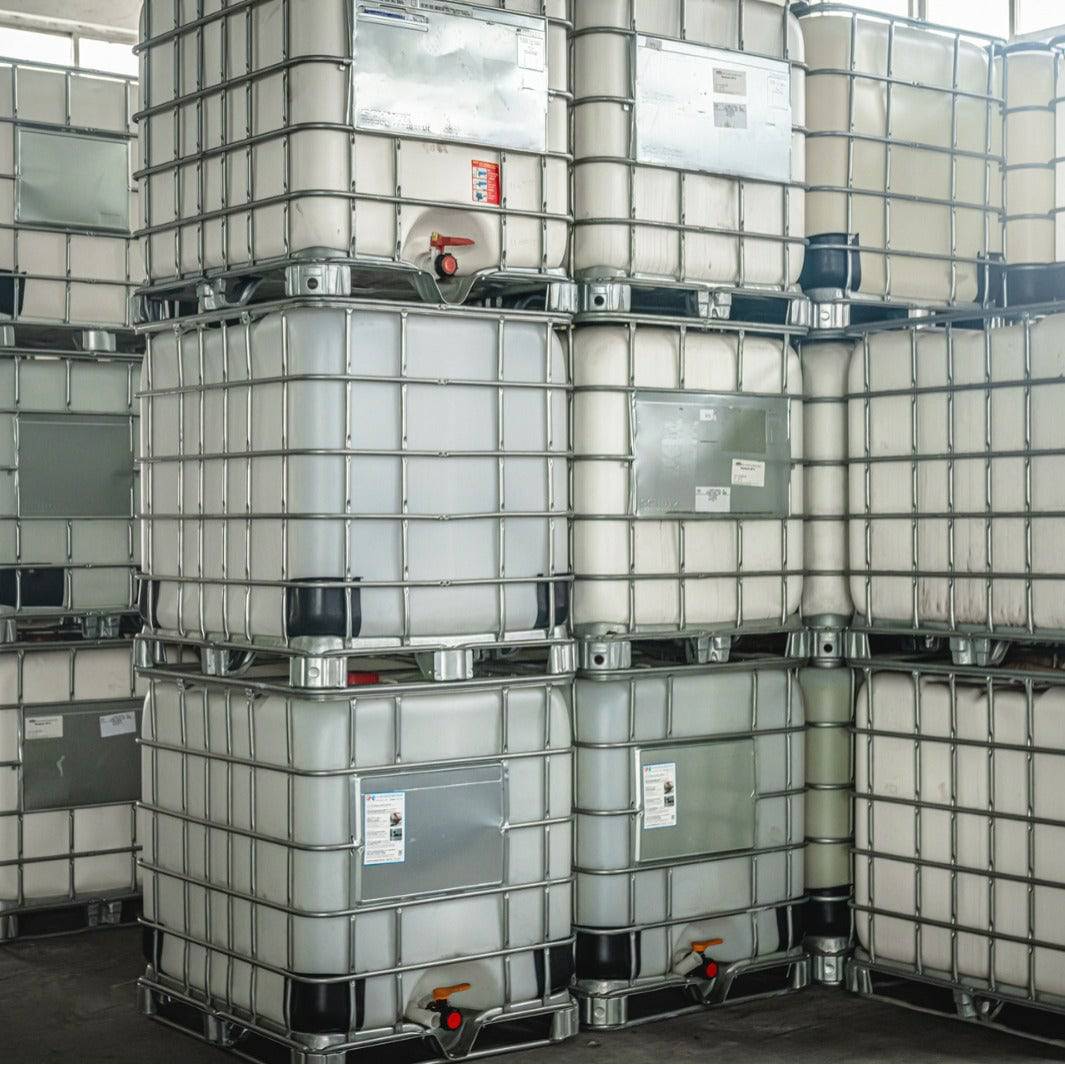Why Warmth Transfer Fluid Is Very Important for Optimizing Energy Transfer in Systems
The function of heat transfer liquids in enhancing energy transfer is essential for accomplishing efficient thermal management throughout various industrial industries. These liquids promote seamless heat exchange, making sure procedures operate within optimum temperature level varieties and mitigating the danger of overheating.

Duty in Thermal Management
Warm transfer liquids play an important duty in thermal management by successfully controling temperature levels in different commercial procedures and systems. These specialized liquids promote the transfer of warmth in between various parts, ensuring ideal operating problems and protecting against overheating. By preserving accurate temperature level control, warm transfer liquids make it possible for industries such as chemical manufacturing, oil and gas, and power generation to run securely and successfully.
The choice of an appropriate warm transfer liquid depends upon several elements, including thermal stability, heat capacity, and viscosity. High thermal stability ensures that the fluid can endure severe temperatures without degrading, while a high warmth capability allows it to absorb and release considerable amounts of warm - heat transfer fluid. Low thickness decreases the power needed for pumping, adding to overall system performance
Furthermore, heat transfer liquids are important in applications like refrigeration, where they help soak up and dissipate heat during the cooling cycle. In solar thermal power systems, these liquids capture and transportation solar warm to generate power or give warm water. Their flexibility to diverse operating conditions and ability to keep constant thermal efficiency highlight their importance in industrial thermal management, promoting operational connection and improving precaution.

Enhancing System Performance
To make the most of the benefits of thermal monitoring, improving system efficiency via the calculated use warmth transfer fluids is critical. These fluids play an essential function in maximizing energy transfer by promoting consistent thermal law, which in turn influences the overall performance and longevity of systems. Effective warmth transfer brings about decreased energy losses, minimized operational prices, and improved integrity of equipment. By keeping ideal temperature level degrees, warmth transfer liquids assist guarantee that systems operate within their developed specifications, therefore preventing overheating and lowering the threat of element failure.
Sorts Of Warm Transfer Fluids
The diversity of click this site warm transfer fluids emphasizes their vital function in a series of commercial applications, each tailored to meet details thermal management needs. These fluids assist in efficient power transfer and are selected based upon essential properties such as thermal stability, thickness, and warm ability. The key types consist of water, glycol options, oils, and synthetics, each offering distinctive advantages.
Water is the most usual heat transfer medium due to its high details heat ability and reduced cost. Mineral oils are favored for their thermal stability and non-corrosive nature, making them ideal for high-temperature applications.

These liquids guarantee exceptional performance in systems where traditional fluids may fall short. The choice of a warm transfer fluid is important, as it influences system performance, security, and durability.
Environmental and Economic Perks
Making use of the appropriate warm transfer fluids offers considerable ecological and financial benefits for commercial procedures. Ecologically pleasant heat transfer liquids, typically naturally degradable and non-toxic, reduce the risk of dirt and water contamination in the event of leaks or spills, thus shielding ecosystems and abiding with strict ecological laws.
Financially, the best warm transfer fluid can considerably minimize operational costs. Fluids with prolonged lifecycle efficiency decrease the regularity of replacements and maintenance, reducing downtime and connected expenses. In general, the critical usage of optimal warmth transfer liquids supports sustainable financial growth and ecological stewardship.
Picking the Right Fluid
Exactly how does one navigate the complex procedure of selecting the right heat transfer fluid this for industrial applications? Choosing the suitable fluid is crucial, as it directly influences system performance, security, and operational expenses. Secret factors to consider include thermal security, compatibility with system products, and running temperature range. Thermal security ensures the fluid can hold up against heats without breaking down, while compatibility protects against corrosion or other harmful reactions with system elements. The operating temperature level variety have to line up with the system's demands to keep efficiency and longevity - heat transfer fluid.
Furthermore, the liquid's warmth capability and viscosity are paramount. A high heat capacity allows the liquid to soak up and move even more energy, improving effectiveness. Meanwhile, optimal thickness guarantees marginal pump work and efficient warm transfer, particularly in differing temperatures. Environmental and safety elements redirected here must also be component of the decision-making procedure. Non-toxic, naturally degradable fluids decrease ecological effect and abide by governing standards, minimizing responsibility risks.
Final Thought
The calculated option and application of heat transfer fluids are fundamental to enhancing energy transfer across various systems. By guaranteeing high thermal security and ability, these fluids offer accurate temperature control and boost total system effectiveness. This optimization contributes to lowered functional expenses and reduced greenhouse gas discharges, thus advertising sustainability. The choice of liquid, tailored to details viscosity and operational demands, is crucial for taking full advantage of efficiency and achieving economic and environmental benefits in industrial processes.